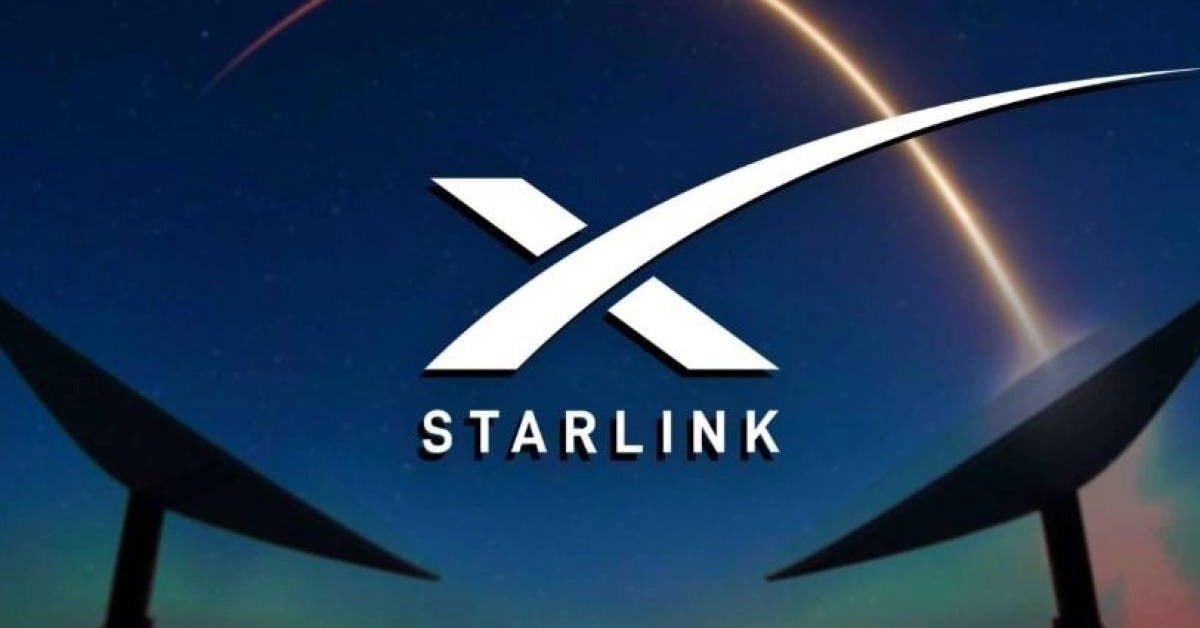Mexico’s Ministry of Defense to acquire 263 Starlink internet terminals, while SpaceX faces backlash over rocket launches linked to border-area seismic activity . . .


Mexico’s Ministry of Defense to acquire 263 Starlink internet terminals, while SpaceX faces backlash over rocket launches linked to border-area seismic activity . . .
